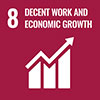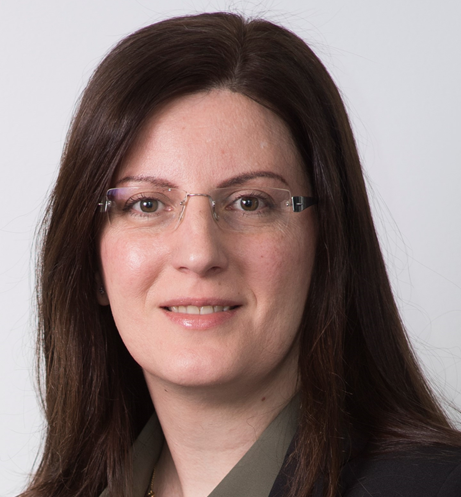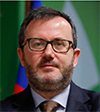Collaborative business models in the collaborative economy
This article discusses the analysis of the concept of collaborative economics, taking the various streams of knowledge into consideration. It also provides an overview of the different collaborative business models that have existed so far and how their evolution over time has been due to different factors, including information and communication technologies (ICTs). While it is true that these business models are still in the midst of consolidation, they represent a great opportunity both for users who want to see their consumption needs met, as well as for companies that are not only looking for new sources of revenue, but also innovation when approaching their customers. Finally, the sharing economy represents a very recent field of research that is full of opportunities for contributing to science and the development of new business models.
ODS




 María Teresa Ballestar
María Teresa BallestarA graduate in Statistics from the University of Zaragoza; has a degree in Market Research and Techniques and a master’s in Information and Knowledge Society from the Open University of Catalonia; in addition, she holds a doctorate in Big Data Methodologies and Technologies Applied to Economics from Rey Juan Carlos University. She is currently conducting research in the following fields: Analysis of consumer behaviour in e-commerce, evaluation of public policies and analysis of the impact of digital transformation in companies through the use of big data technologies and methodologies, machine learning and artificial intelligence. She has twenty years of professional experience in the sectors of IT consultancy, banking, mass consumption and pharmaceuticals, both in multinationals and startups. During recent years she has occupied positions in management and has led projects in digital transformation, innovation, data analytics and data science.
 Jorge Sainz
Jorge SainzHolder of a degree in Economic Science from the Complutense University of Madrid, and in Law from UNED. MBA (specialisation in finance and public policy) from Simon Business School, University of Rochester (United States) and holder of a doctorate in Economics from Rey Juan Carlos University. He is Professor of Economics in the Department of Applied Economics I and Economic History and Institutions (and Moral Philosophy) at Rey Juan Carlos University of Madrid, and Visiting Fellow in the Institute for Policy Research, University of Bath. He has been professor and visiting researcher at Spanish and international universities, having published more than 50 articles in science publications, journals, and books.



